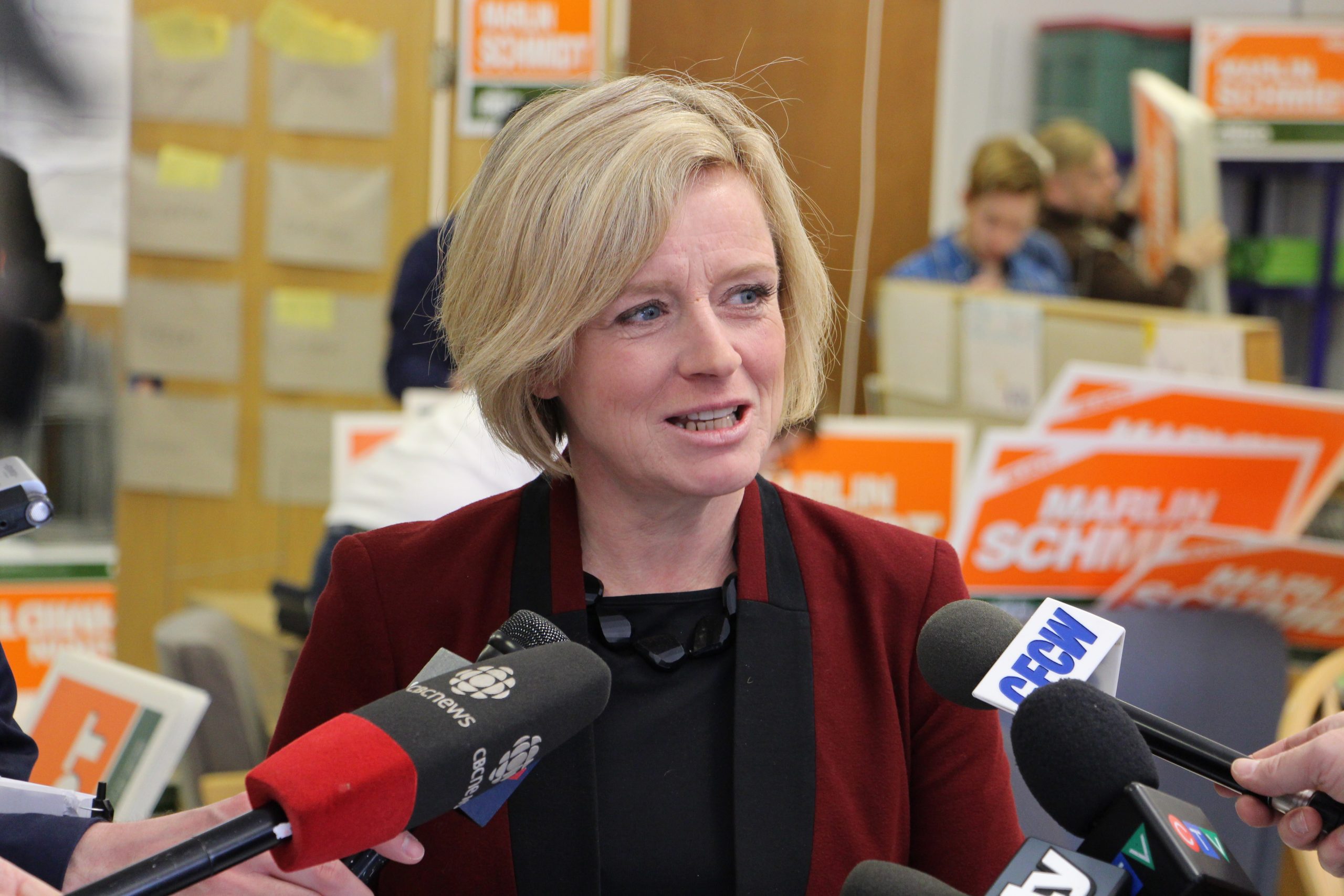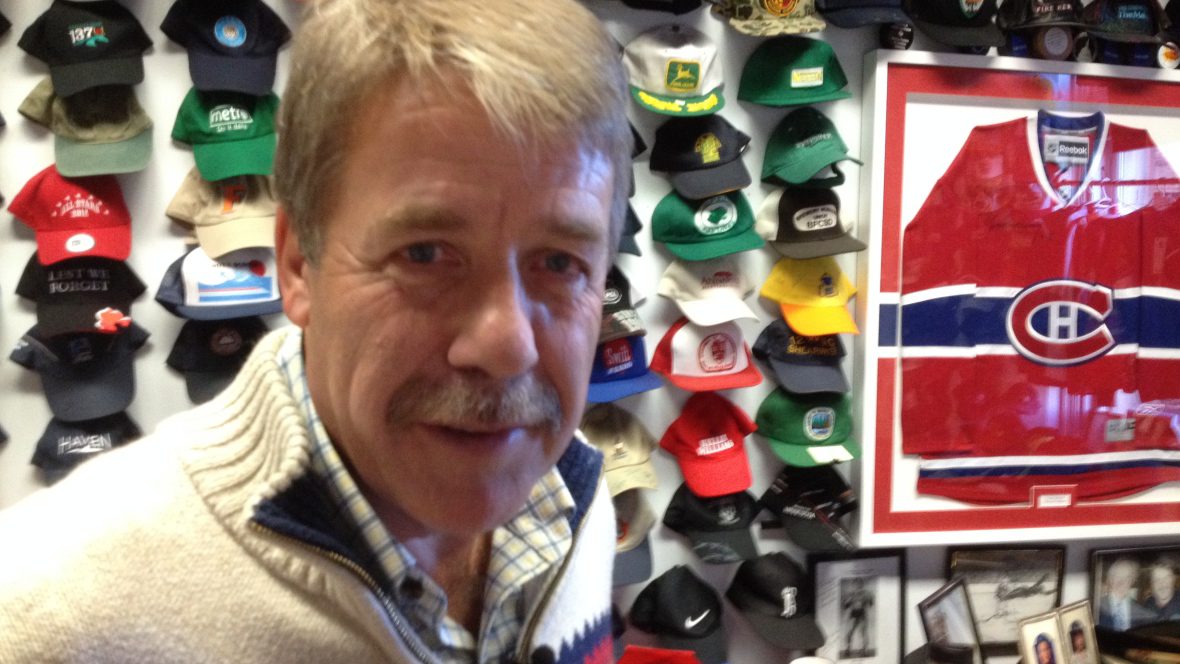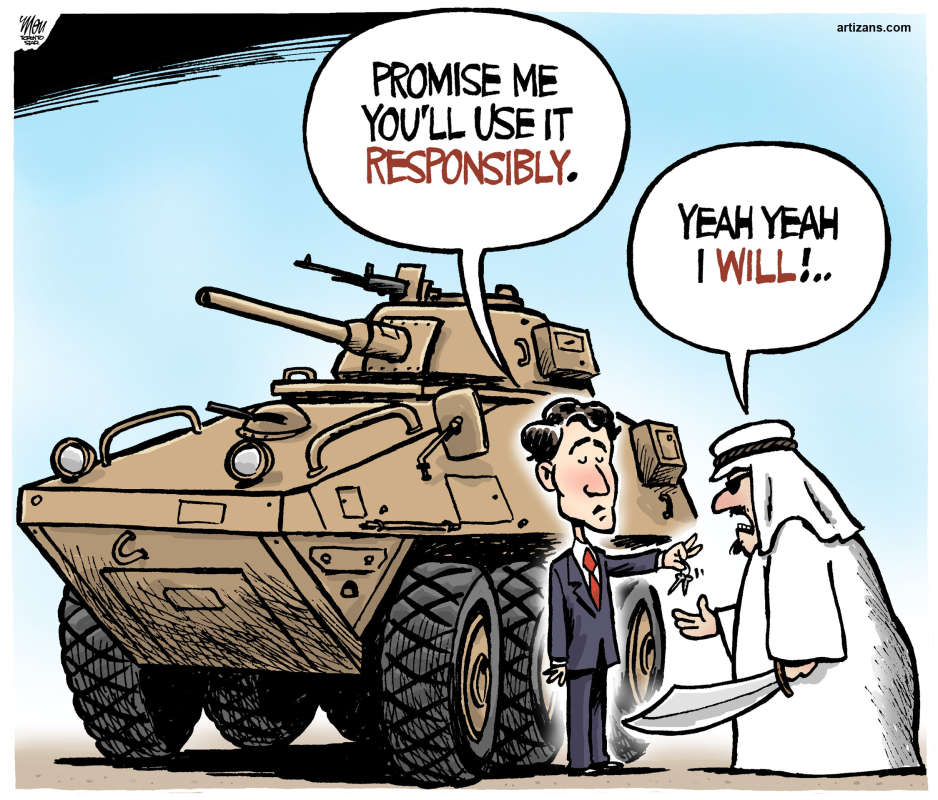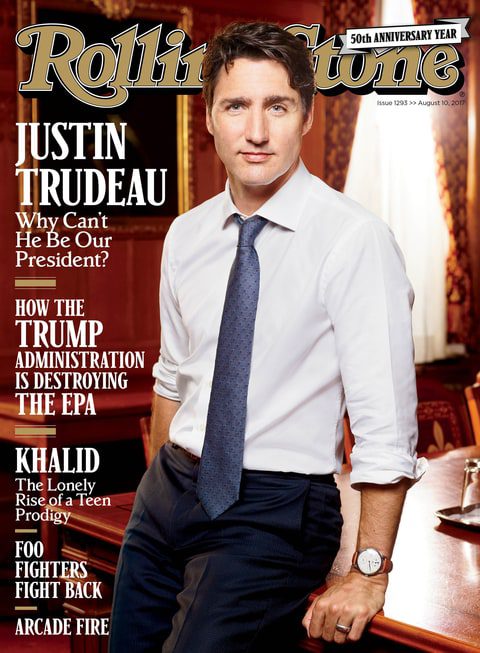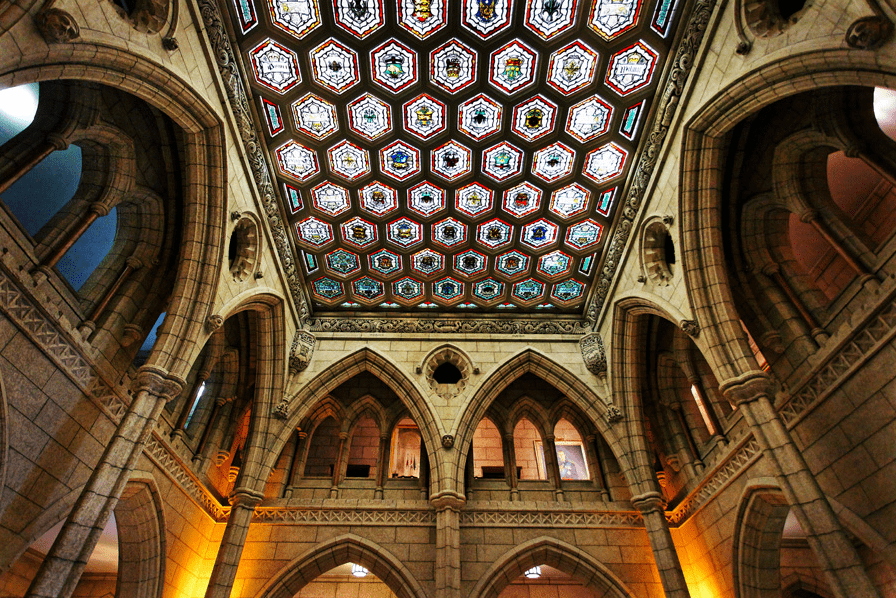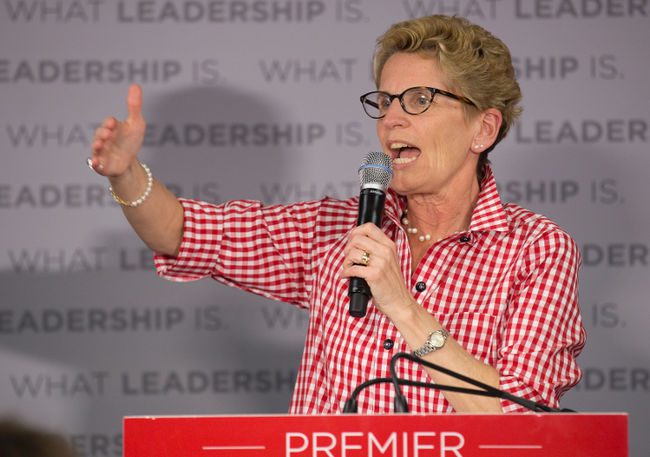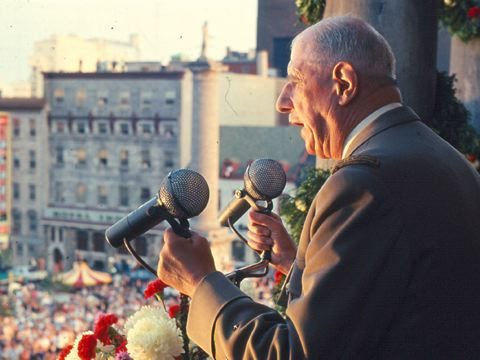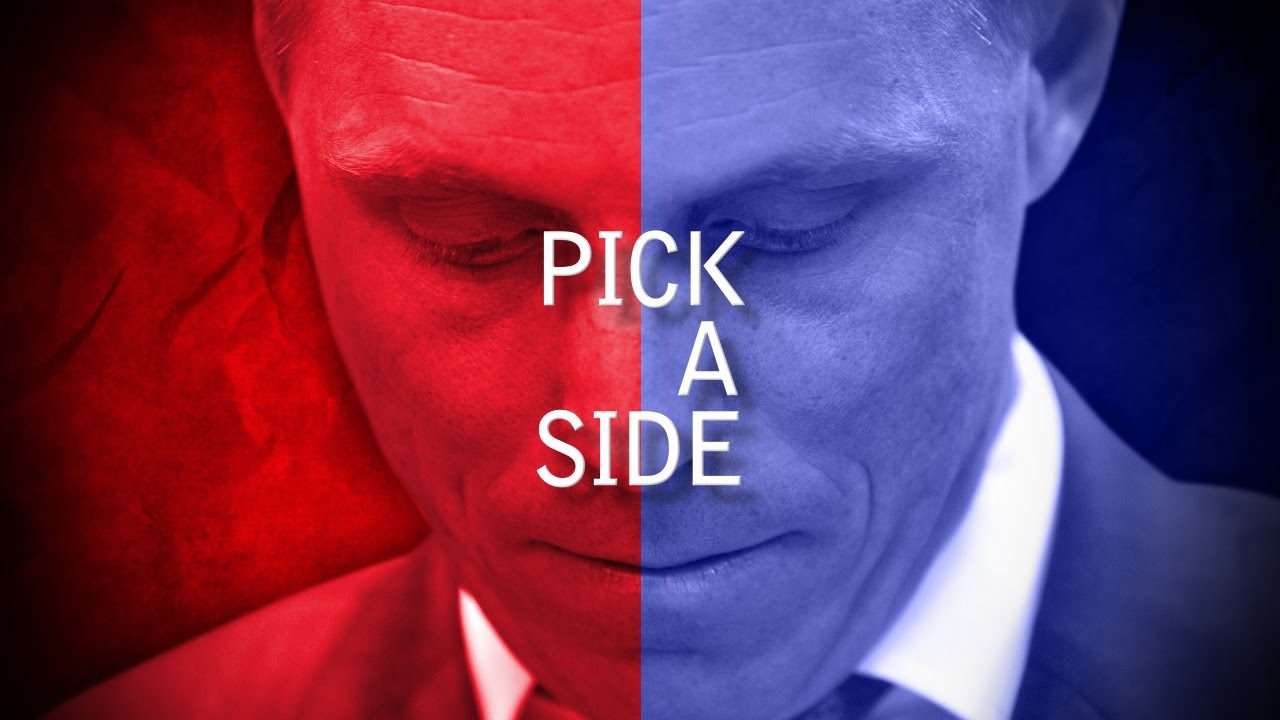A full year before the 2015 Alberta election, an Insight West poll showed the Wildrose Party overwhelmingly leading in the voting intentions. Across the province, 50% of decided voters were behind Wildrose, while the ruling Progressive Conservatives were a distant second with 21%. Tied for third, the Liberal Party and the NDP with 16% each.
It seemed obvious at the time that Alberta voters were abandoning the governing Progressive Conservatives and, logically, the Wildrose seemed poised to replace the PCs as the governing right-wing party. Just like they did when Peter Lougheed broke the 36-year hegemony on Alberta politics of the Social Credit Party.
Of course, that is not quite what happened. The Alberta New Democratic Party was elected to a majority government under Rachel Notley, forming Government for the first time in Alberta history. This was only the fourth change of government in Alberta since 1905 and the first time since 1930 that a left-of-centre political party had gained power in the province.
Motley's challenge, now, is to prevent a fifth change of government. It won't be easy. The NDP's honeymoon in the province was short-lived. The very first poll conducted after the election, a Mainstreet effort in June 2015, had the Wildrose on top and the NDP down 9 points. In fact, every single poll since the last election, with one exception, had the NDP trailing the Wildrose or the Progressive Conservatives. Or both.
Despite this, Alberta right wingers didn't want to take the chance that vote-splitting on the right side of the spectrum could allow an NDP re-election. They could not bear the thought, so uniting the Wildrose and PC parties became a priority and it is now reality. There is now a single conservative option against the NDP in the next election: the United Conservative Party.
Already, despite being leaderless and policyless, the UCP is poised to form government and most conservatives of all stripes are breathing better: the plan is working. Mainstreet pegs support for the UCP at 57 per cent provincewide. The NDP is almost 30 points behind at 29 per cent. From an historic point of view, this is pretty good. The only time other than 2015 where the NDP beat that mark in an election was during the 1986 election, when Ray Martin became Leader of the Official Opposition.
But from the point of view of a government seeking re-election, this is not promising. Rachel Notley can take solace in the fact that at 4%, the Liberals are not in the game, despite a new Leader and the Trudeau coattails. The NDP is also hoping that disgruntled conservatives and Wildrosers alike defect to the Alberta Party. Greg Clark's party is currently standing at nine per cent, 5 times more than what they received during the 2015 election.
Alberta is going to become a tough political battleground. The UCP is going to push hard with proven blow hard tactics and be all-guns blazing against the NDP to maintain a polarization of the landscape. The NDP will try to exploit every single bozo eruption they can put their hands on, hoping things will stick as much as the lake of fire.
And if anything has been demonstrated over many elections in this country over the past decade, is that today's polls are no guarantee of tomorrow's results.
Photo Credit: Chatelaine



